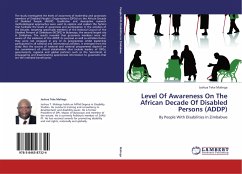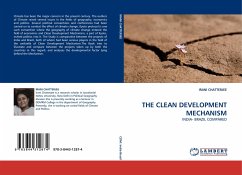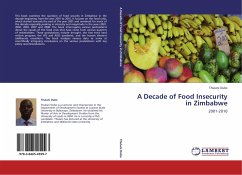In 1997 the word s governments adopted the Kyoto Protocol to the UN Framework Convention on Climate Change. As an advanced step in addressing one of the most urgent environmental problems, it incorporates three innovating flexible mechanisms, including the clean development mechanism (CDM), designed for stimulating transfer of technologies into developing countries for supporting them to tackle climate change issues without compromising attainment of sustainable development objectives. With the end of the first commitment period of the Protocol fast approaching and in view of current negotiations on the second round of commitments, this book provides an analysis of evolution of the CDM framework, with its strengths and restrictions, and trends within the world s carbon market infrastructure. The main message is that the CDM seems to accomplish the goals set for it under the Kyoto though with a number of limitations, which need to be addressed if the CDM is to remain playing a role as a market tool within the global warming policy structure. Moreover, for it to develop further, a certainty on post commitment international climate change policy architecture is of great importance.








